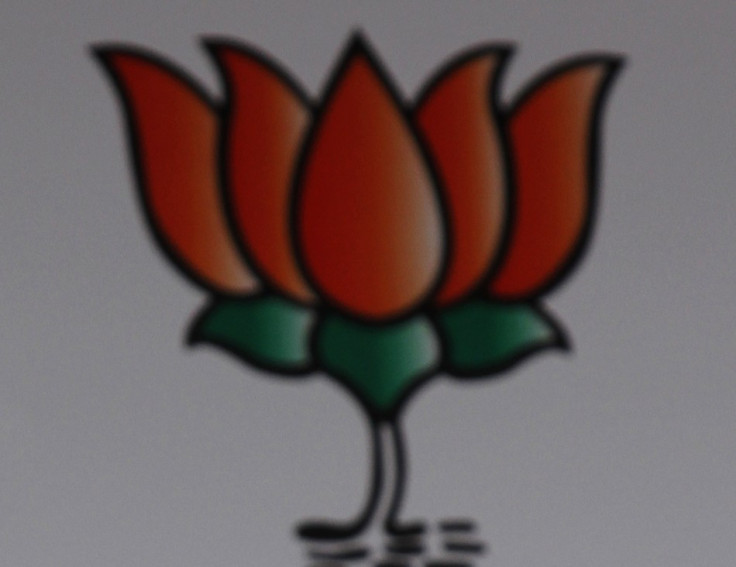India Election: Frontrunner BJP Likely to Scrap Retail FDI Reforms if it Gains Power

The Bharatiya Janata Party (BJP), which is widely expected to come to power after India's general elections, would reverse the country's decision to allow majority foreign ownership in multi-brand retail.
The Economic Times, citing a person familiar with the contents of the party's manifesto for the 2014 elections, reported that the BJP plans to scrap the ruling Congress Party's flagship economic reform measure.
The party is due to release its manifesto on 7 April.
Nevertheless, the Hindu nationalist party plans to open all other sectors to foreign direct investment (FDI) and highlight the country as a business-friendly regime in order to compensate for any possible negative sentiment arising from the decision.
The BJP is projecting itself and its prime ministerial candidate Narendra Modi as business-friendly. Modi, who is currently the chief minister of the state of Gujarat, has been highlighting the economic growth the state achieved through investor-friendly reforms in his election campaign.
International retail giants, who announced their plans to invest in India, are already facing troubles due to the lack of clarity in the FDI laws. The BJP is likely to clearly state its intent to stop FDI in supermarkets, putting an end to multinational companies' plans to reap gains from the $500bn (€304bn, £369bn) Indian retail sector.
"We think FDI in retail is bad for India. We have always opposed it and if people had made investments on the basis of the UPA government's decision, tough luck," the source told Economic Times.
Earlier in February, the Indian state of Rajasthan, which is ruled by the BJP, banned FDI in the multi-brand retail sector, amid strong opposition from local shopkeepers.
The Indian parliament signed a bill to open up the country's retail sector to foreign investors in late 2012, allowing global retail giants such as Wal-Mart and Tesco to move in.
India allowed foreign multi-brand retailers to own up to 51% of their local operations. However, no foreign supermarket chain has yet opened a store due to the stringent terms and conditions binding foreign investment.
International retail giants such as Wal-Mart, Tesco and Carrefour had demanded further easing of norms.
In August 2013, India's government announced further relaxations to foreign direct investment (FDI) rules in the retail sector with a view to attracting more investment and containing the continued slide in the rupee.
The government has relaxed rules governing the sourcing of products, infrastructure investment and selection of cities.
According to the bill, each state government in the country will have the power to allow or ban FDI in their jurisdiction. At present, fewer than half of the country's 28 states are supporting the policy.
© Copyright IBTimes 2025. All rights reserved.






















